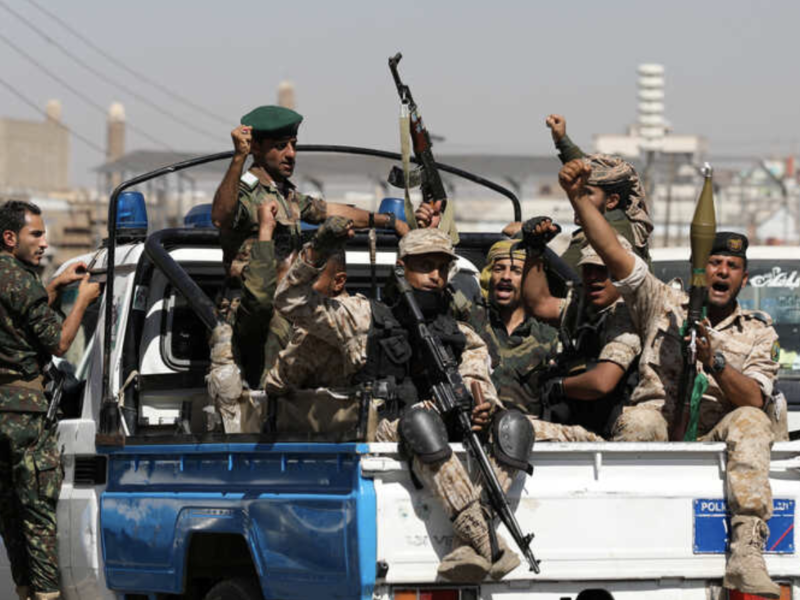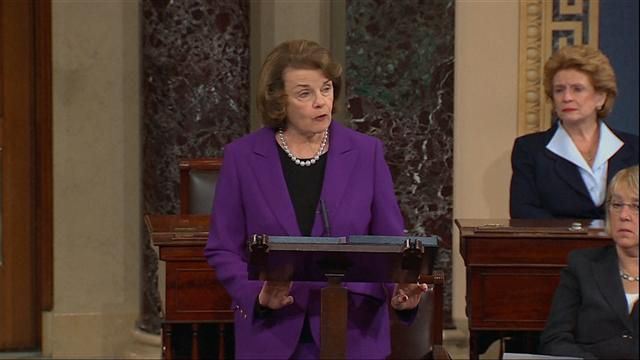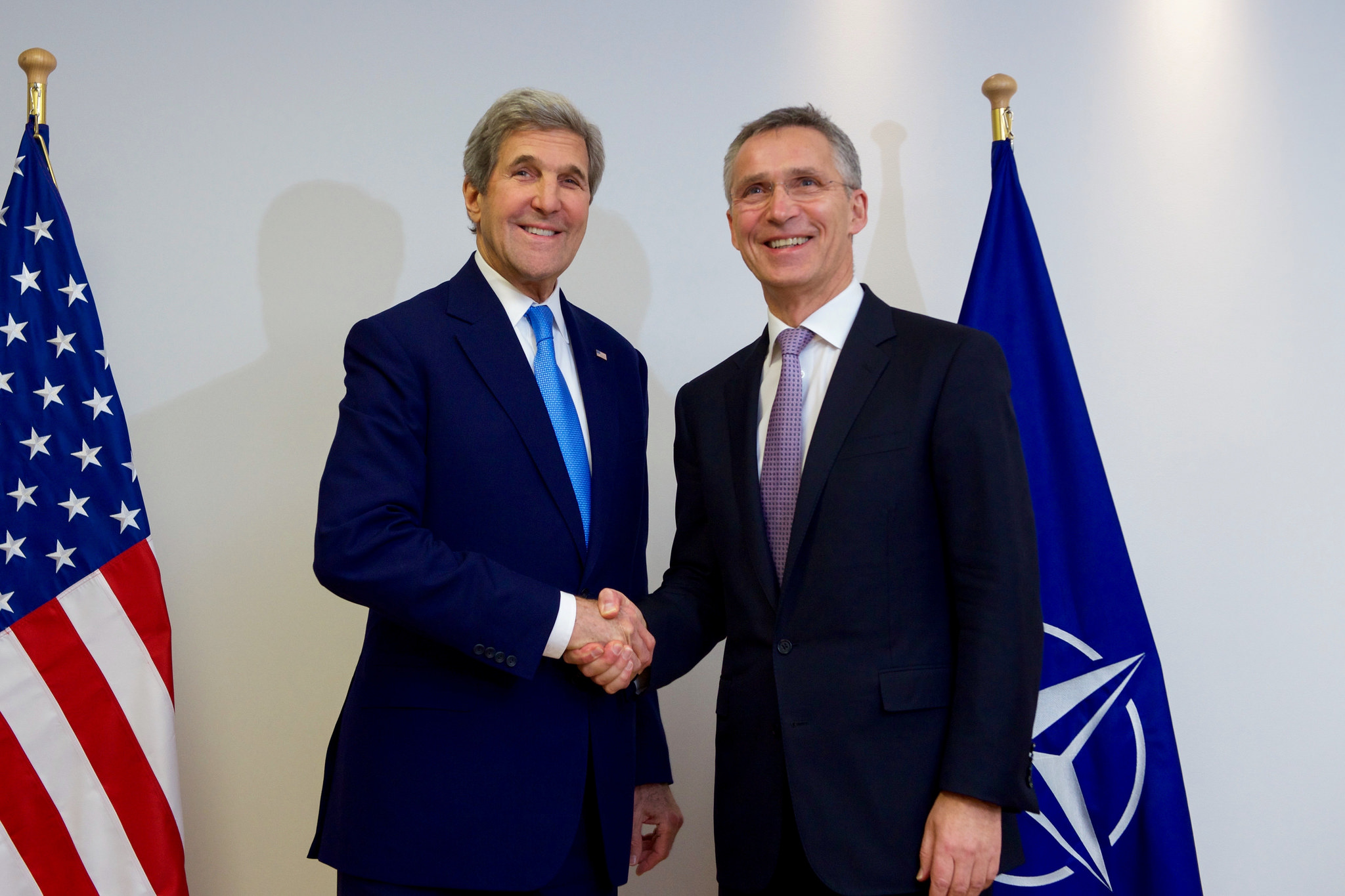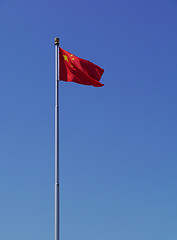Guest post by Marta Furlan
As the clock ticks for the Trump administration, Secretary of State Mike Pompeo announced that the United States will designate the Yemeni Houthi rebels as a Foreign Terrorist Organization (FTO). Three Houthi leaders—Abdul Malik al-Houthi, Abdul Khaliq Badr al-Din al-Houthi, and Abdullah Yahya al-Hakim—will also be listed as Specially Designated Global Terrorists (SDGT).
Under Section 219 of the Immigration and Nationality Act, the Secretary of State can designate certain armed non-state actors as Foreign Terrorist Organizations. When a group is labeled an FTO, American citizens and organizations are prohibited from providing “material support or resources” to the group; the group’s members are banned from entering the US; and American financial institutions must freeze any assets that the group has in the country.
The war in Yemen is fueled by a complex web of proxy wars that include Saudi Arabia and the United Arab Emirates. The Houthi, also known as Ansar Allah, is a Shia movement that controls northern Yemen and is backed by Iran. The official statement released by Pompeo says that the aim of the designation is “to hold Ansar Allah accountable for its terrorist acts” and “to advance efforts to achieve a peaceful, sovereign, and united Yemen that is both free from Iranian interference and at peace with its neighbors.” In fact, the designation will impede the much-needed humanitarian response in Yemen, and undermine a durable resolution to the conflict.
The Designation is an Obstacle to Humanitarian Aid
Yemen is the site of the world’s worst humanitarian crisis—over 80 percent of Yemenis need some form of assistance. As the de facto authority over the north-western half of Yemen, with control over crucial transit points such as the port of Hodeida and the international airport of Sana’a, any realistic and constructive policy must necessarily engage the Houthis. Designating the Houthis an FTO will hamper the efforts of aid organizations trying to reach Yemen’s civilians, whose access to necessities such as medicines and food will almost certainly be impaired. Despite assurances by Secretary of State Pompeo that steps will be taken to avoid exacerbating Yemen’s desperate humanitarian situation, it seems unlikely that aid will be able to flow undisrupted with the threat of US sanctions looming over organizations who dare to engage with the Houthis—even if exclusively on humanitarian grounds.
The Designation is an Obstacle to the Peace Process
The US designation of the Houthis as an FTO also dims the chances of success of any future effort to build peace, as it complicates the possibility of engaging and negotiating with the Houthis. Yet, the extent of the Houthis’ territorial control, as well as their deep rootedness in north Yemen’s socio-political fabric, suggests that the conflict in Yemen cannot be resolved in any credible or durable way without their presence at the negotiating table. As United Nations diplomatic missions have shown, talks between the Houthis and the Saudi-Emirati military coalition are the foundation of a peaceful resolution. While the international community does not recognize the Houthis as the legitimate Yemeni government—the Saudi-backed president of Yemen, Abdrabbuh Mansur Hadi, resides in Saudi Arabia—experience from other conflicts, such as the decades-long conflict between the Afghan government and the Taliban, shows that non-state actors with extensive territorial control and political influence are essential partners in peace negotiations.
The Designation Will Have Little Impact on Iran
During the Trump presidency, US policy in the Middle East has sought to strengthen the relationship with Israel and Saudi Arabia (Washington’s traditional allies in the region), and counter Iran and its “axis of resistance.” As the change of administration approaches, the designation of the Houthis as FTO has clearly less to do with Trump’s determination to bring peace to Yemen than with Trump’s determination to consolidate his legacy of hostile relations with Iran and its regional allies. But the designation will hurt Yemen more than Iran.
While the Houthi rebels and the Iranian regime are indeed allied, the significance of their relationship should not be overestimated. Iran does not consider Yemen a foreign policy priority like Iraq, Syria, and Lebanon; and the Houthis are not Iranian puppets. Their insurgency against the central government in Sana’a has its roots in Yemen’s own internal realities, rather than in regional Sunni-Shia competitions for power and influence. Ironically, the designation of the Houthis as an FTO, and their consequent international isolation, might encourage the group to deepen its ties with Iran, which would advance Teheran’s interests rather than Washington’s.
What will the Biden Administration Do?
Designating entities FTOs is a card that the US government must play carefully and judiciously. Using this lever to intensify President Trump’s maximum pressure campaign against Iran—with disregard for the consequences for the Yemeni people—is an irresponsible and reprehensible move. It will be the responsibility of President-elect Joe Biden to act promptly upon entering the White House to craft a different, constructive, and concerned course for the American Yemen policy. This should include delisting the Houthis, and indeed, a number of senators have called on the incoming administration to reverse the designation. More fundamentally, the Biden administration will need to condemn violence in Yemen, press Yemen’s warring parties to join peace negotiations, and work with partners to address the catastrophe unfolding in Yemen.
Marta Furlan is a PhD candidate in International Relations at the University of St Andrews.







